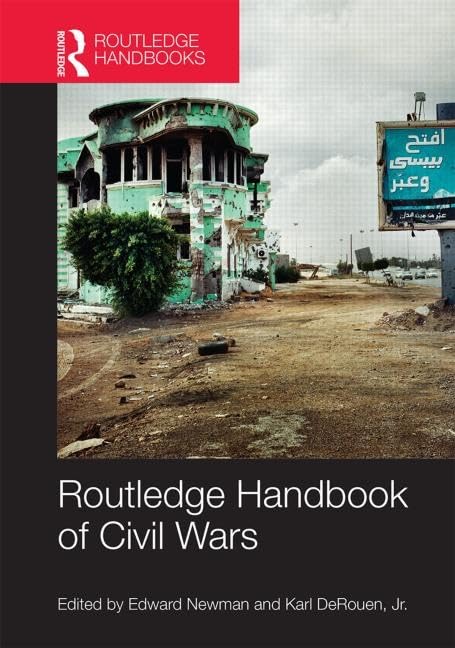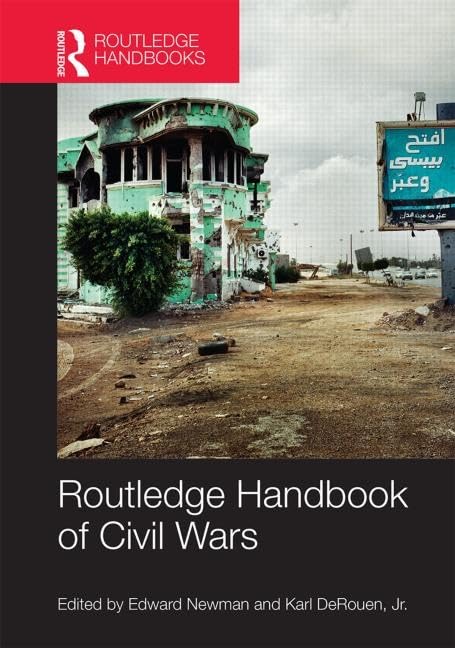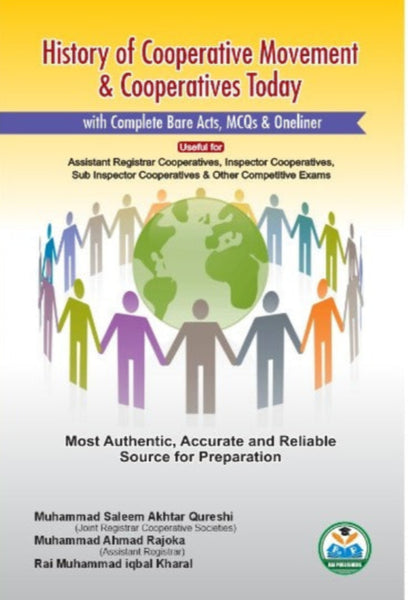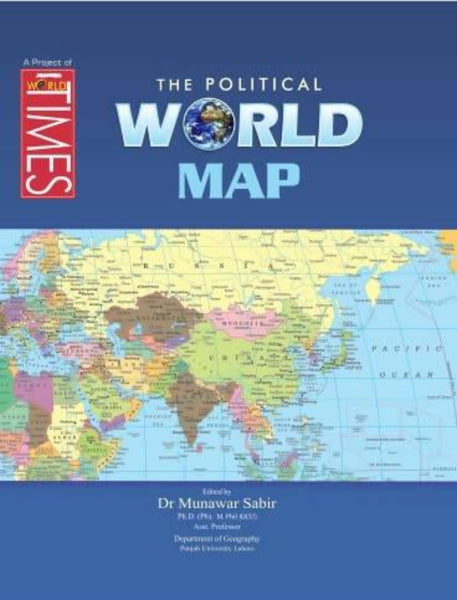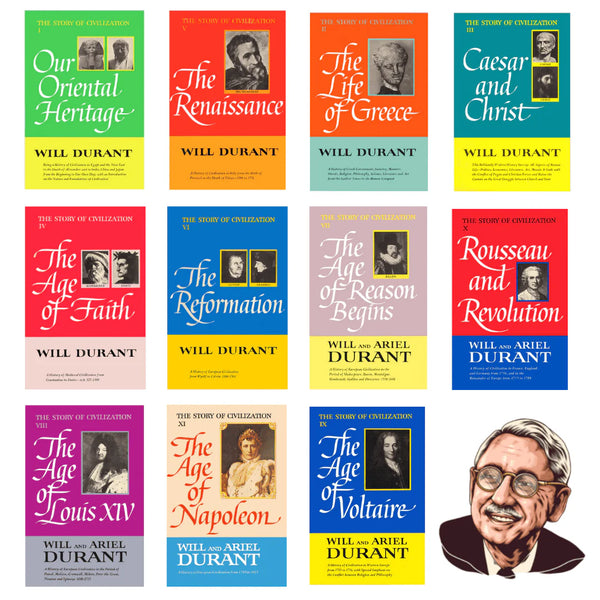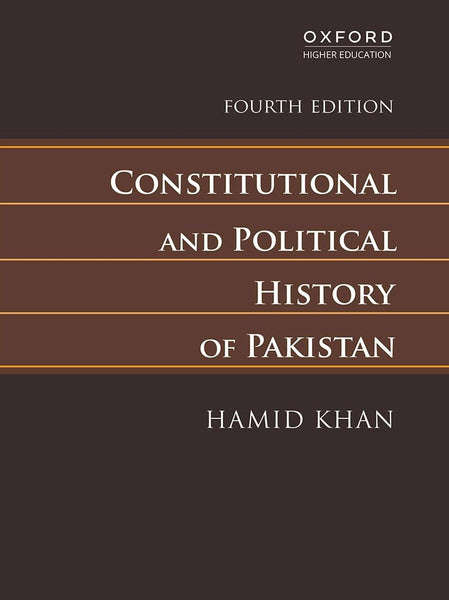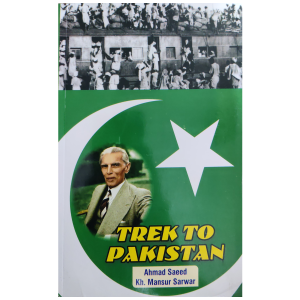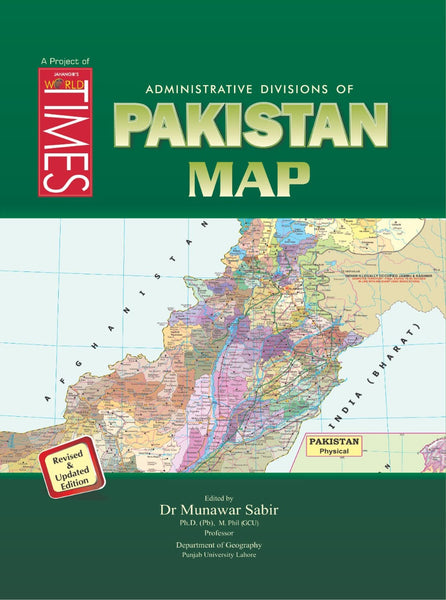Routledge Handbook of Civil Wars by Edward Newman (Editor)
- Publisher: POLITICAL SCIENCE
- Availability: Out Of Stock
- SKU: 52897
- Number of Pages: 390
Rs.890.00
Rs.1,295.00
Tags: armed conflict , best books , Best Price , Best Selling Books , booksnbooks , civil conflict , civil war causes , civil war dynamics , civil war interventions , civil wars , conflict management , conflict prevention , conflict studies , conflict transformation , Edward Newman , ethnic conflicts , governance and civil war , humanitarian interventions , insurgencies , Karl DeRouen Jr. , NEWBOOKSNBOOKS , newbooksnbooks.com , ONLINE BOOKS , Online Bookshop , peace negotiations , peacebuilding , political violence , post-conflict reconstruction , role of international organizations , Routledge Handbook of Civil Wars , security studies , social movements in war , state failure , war and diplomacy , war economy , war studies
The Routledge Handbook of Civil Wars, edited by Edward Newman and Karl DeRouen Jr., is an authoritative and comprehensive guide to the study of civil wars. This volume explores the political, social, and economic causes and consequences of civil wars, offering a multi-dimensional view of the complex phenomena that shape them. Through contributions from leading scholars in the field, the book covers the theoretical foundations of civil war studies and examines a variety of cases and trends from around the globe. The editors provide an in-depth look at the dynamics of armed conflicts within states, focusing on key issues such as insurgencies, ethnic and religious tensions, political instability, and international intervention. Additionally, the handbook offers insights into the strategies employed by combatants and the roles of external actors in civil war outcomes, as well as the post-conflict rebuilding processes. This work is a crucial resource for students, researchers, and policy-makers interested in understanding the intricate and often devastating impact of civil wars on global peace and security.
Key Points:
-
Theoretical Foundations of Civil War: The handbook examines the key theories and models used to study civil wars, offering a framework for understanding their causes, dynamics, and outcomes.
-
Global Case Studies: It provides an in-depth analysis of civil wars across different regions, from Africa to the Middle East, Asia, and Latin America, showcasing the diverse factors that drive conflicts in various contexts.
-
Political and Economic Causes: The book explores the political, economic, and social factors that contribute to the outbreak of civil wars, including inequality, state fragility, and the role of political elites.
-
Ethnicity, Identity, and Religion: A major theme in the handbook is the impact of ethnic, religious, and identity-based divisions on the onset and escalation of civil wars, with case studies illustrating these dynamics.
-
Insurgencies and Rebel Movements: The handbook delves into the tactics, strategies, and motivations of insurgent groups and rebel movements, examining their impact on both the conflict and the state.
-
International Involvement and Intervention: The book addresses the role of external actors—such as foreign governments, international organizations, and NGOs—in either exacerbating or mitigating civil wars.
-
Peacebuilding and Post-Conflict Reconstruction: Focused on the aftermath of civil wars, the volume explores peace negotiations, the challenges of rebuilding fractured societies, and the efforts to prevent the recurrence of violence.
-
Human Rights and Humanitarian Concerns: The book emphasizes the human cost of civil wars, including the displacement of populations, violations of human rights, and the long-term effects on civilians.
-
Security Sector Reform: It covers the importance of security sector reform (SSR) in post-conflict settings, discussing how rebuilding state institutions and governance can contribute to long-term peace.
-
Future Directions in Civil War Studies: The editors highlight emerging trends in the study of civil wars, suggesting new areas of research and pointing to evolving dynamics in global conflict.
Conclusion:
The Routledge Handbook of Civil Wars is an essential resource for anyone studying or involved in the field of conflict resolution, peace studies, or international relations. Its comprehensive coverage of the causes, dynamics, and resolutions of civil wars, along with case studies from around the world, provides invaluable insights into the complexities of these conflicts. By offering a multidimensional approach, the book enables a deeper understanding of the interrelated political, economic, social, and international factors that contribute to civil wars, as well as the challenges of rebuilding and ensuring lasting peace in post-conflict societies.
════ ⋆★⋆ ═══
Writer ✤ Edward Newman (Editor), Karl DeRouen Jr. (Editor)

